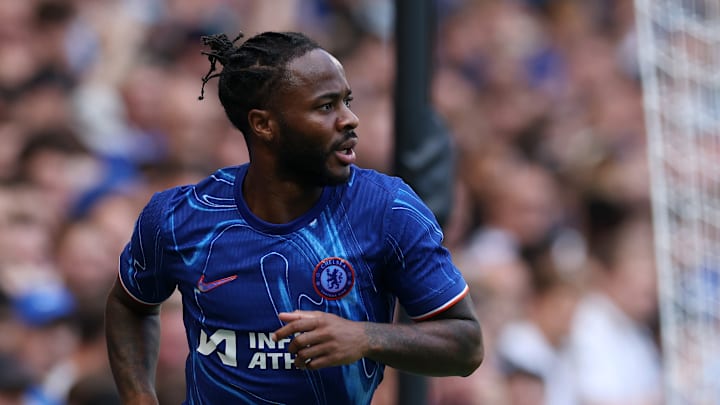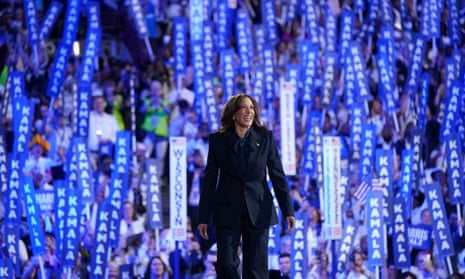Today’s Chelsea is very different from Roman Abramovich’s time.
Instead of focusing on established game stars, the recruitment strategy now targets new players with enormous potential. This tactic has made Chelsea a long-term financial force and brought two trophies to Stamford Bridge last season.
Restructuring the club’s pay structure to provide reduced base salary with performance-based incentives has been a component of that strategy.
Some of football’s most promising young players have continued to support the Chelsea project despite this choice. Nonetheless, the squad still uses some of the outdated methods, and one costly error in particular serves as evidence of those errors.
In order to prevent another Raheem Sterling scenario, Chelsea restructured their wages.
Maintaining a reduced salary bill is advantageous for a variety of reasons, but Chelsea’s policy is much more stringent than that of other elite teams.
In an article about the complicated Raheem Sterling case for The Athletic, Simon Johnson explains why the player has stayed at Chelsea even if his pay is in violation of the team’s new rules.
“The obvious question that football fans will have is why Sterling or the club have not been able to find a way to prevent all of this,” he says. It was never going to be simple, was it?
One reason is the expense. It would still be a cost that would deter teams, even if Chelsea paid a portion of Sterling’s salary on a loan, as they did at Arsenal the previous season.
Fulham was connected to Sterling earlier in the transfer window, but they probably weren’t willing to accept even a fraction of Sterling’s weekly salary of almost £300,000. For any player, but particularly for someone who isn’t even on the team, that is an absurd amount.
As Johnson adds, “In fact, Sterling is one of the reasons the Todd Boehly-Clearlake partnership immediately converted to offering incentivize rather than guaranteed contracts.” This is a mistake that the Chelsea ownership does not want to repeat.
Sterling is not in a hurry to go.
Sterling made it very apparent to the team that he did not want to relocate overseas and be separated from his small family.
Even if Chelsea isn’t benefiting from his enormous salary, he has a contract with them that expires in June 2027, and he is not required to accept a transfer if he doesn’t want one.
Sterling wants to play for England in the World Cup again, but you can assume that his ambitions have diminished now that he won’t be able to play competitive football until at least January.
Although the Sterling incident is a regrettable circumstance, neither side’s actions were malicious. But one thing is certain. Chelsea will not repeat this error in the future.






